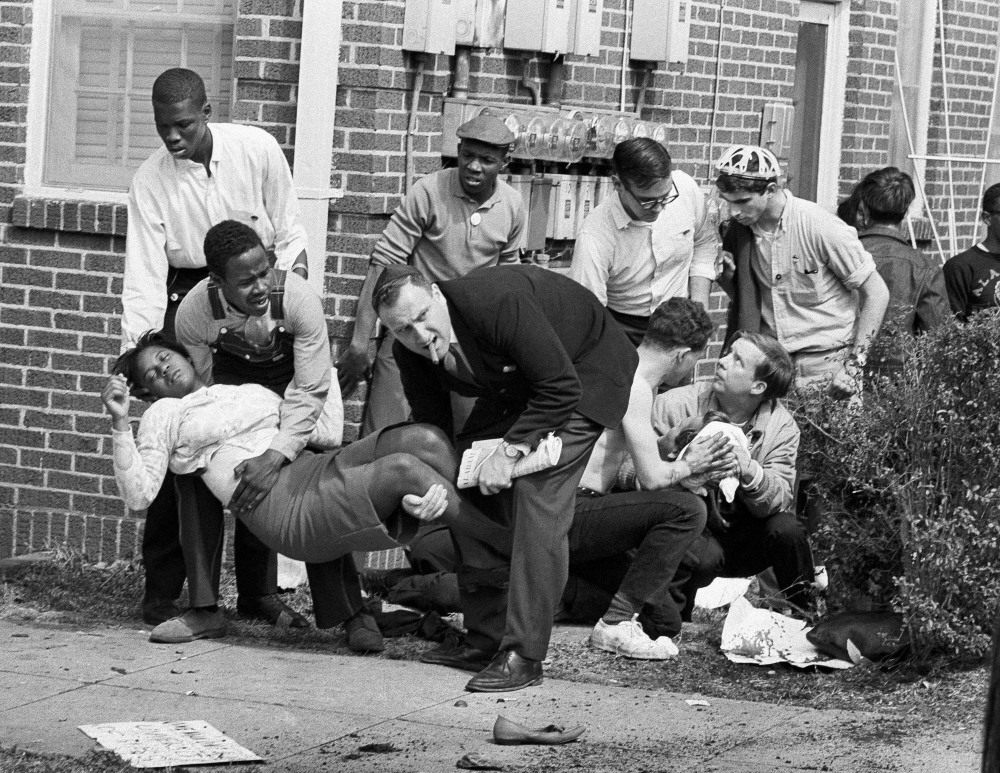Five years after the Supreme Court gutted a key provision of the 1965 Voting Rights Act, a new report from the U.S. Commission on Civil Rights has confirmed predictions that the ruling would hobble enforcement of that landmark law.
In addition to prohibiting racial discrimination in voting nationwide, the Voting Rights Act requires states and localities with a history of discrimination to “pre-clear” changes in their election procedures with the U.S. Department of Justice or a federal court.
In its 2013 decision in Shelby County vs. Holder, however, the court declared unconstitutional the formula Congress had established to determine which states would have to submit to pre-clearance, effectively shutting pre-clearance down. Writing for himself and four other conservatives, Chief Justice John G. Roberts Jr. said that the formula was obsolete because “things have changed dramatically” since the Voting Rights Act was first enacted in 1965. It was a disastrous decision.
The term “judicial activism” is thrown around, but if a decision ever deserved it, Shelby County did. The Constitution authorizes Congress to enforce the provisions of the 15th Amendment — which guarantees the right to vote without regard to “race, color, or previous condition of servitude” — by enacting “appropriate legislation.” In 2006 Congress voted to extend the Voting Rights Act’s coverage formula for an additional 25 years in legislation signed by President George W. Bush. Despite that, the court threw it out.
The Civil Rights Commission report makes it clear why it shouldn’t have.
The report notes that within two hours of the decision, Texas’ attorney general tweeted that the state would reinstitute a strict photo ID law, which had been previously struck down by a court during the pre-clearance process. The day after the ruling, North Carolina’s legislature voted to make its voter ID law stricter, and eliminated or restricted rules that had made it easier for minorities to vote. The report notes that both states’ actions were ultimately found by courts to be acts of intentional racial discrimination, but only after years of litigation.
Sen. Patrick Leahy has introduced the Voting Rights Advancement Act, which would automatically subject a state to pre-clearance if 15 or more voting-rights violations had occurred there over the last 25 years.
The Civil Rights Commission proposes that Congress create “a streamlined remedy” to review potentially discriminatory changes in election procedures before they go into effect — even, the report suggests, “in jurisdictions that do not have extensive histories of discrimination.”
The obstacle to accomplishing these or any other reforms isn’t constitutional; it’s political. In Congress (as in state legislatures) Republicans have a vested interest in restrictions that disproportionately make voting harder for minorities who tend to support Democrats. Unless Republicans have a change of heart — or unless they lose control of Congress — it will be impossible to undo the damage caused by the Supreme Court.
Editorial by the Los Angeles Times
Visit the Los Angeles Times at www.latimes.com
Send questions/comments to the editors.



Comments are no longer available on this story